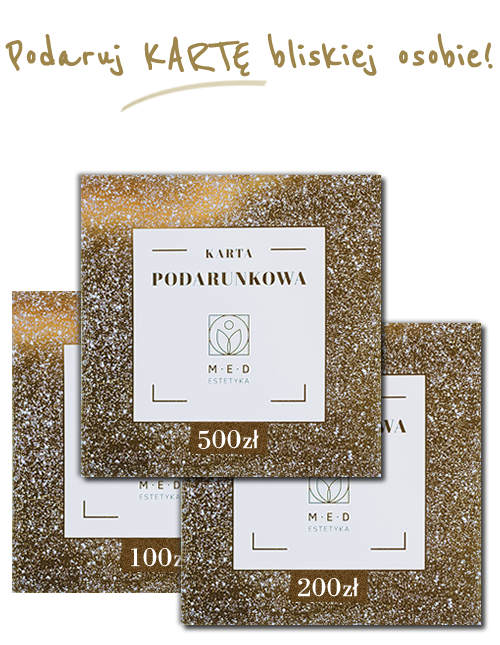Hydrogen breath test
Referral: Indicated, but not absolutely required (contraindications to the study should be taken into account)
Age range: Patients aged 7 and older who can cooperate with the examiner
Waiting time for the result: Result available immediately after the test.
Price list
-
Hydrogen breath test170PLN | e-Reservation "
Preparation
The SIBO test is a measurement of the gas produced by the bacteria in response to a specific amount of sugar digested by them, given at the start.
In a situation where the patient is inadequately prepared, the sugar response may be too small or too intense to properly diagnose hypertrophy.
You should wait 4 - 6 weeks after:
- antibiotic therapy,
- colonoscopy,
- fluoroscopy,
- enteroclysis,
- barium rectal infusion,
- infectious diarrhea,
- Hydrocolonotherapy and enemas,
- The use of strong laxative drugs.
1 week before the test:
- Bactericidal herbs, probiotics, proton pump inhibitors should be discontinued.
3 days before the test:
- Discontinue mild laxatives, including lactulose.
1 - 2 days before the test, you should follow a proper diet (see - Diet before the test):
- 1 day if the patient has diarrhea or mixed symptoms with diarrhea predominating,
- 2 days if the patient has constipation or mixed symptoms with constipation predominating.
1 day before the test:
- Discontinue betaine HCI, apple cider vinegar, bitter stomach drops and all other stomach "acidifiers" and "deacidifiers", digestive enzymes and other supplements, especially those containing fiber (do not discontinue the drugs yourself!),
- Do not perform physical exertion.
On the day of the test:
- You should get up a minimum of one hour before the test,
- Be fasting for 12 hours, you can drink water,
- Just before the examination, brush your teeth,
- Do not: chew gum, eat candy, smoke cigarettes, use denture glue,
- The test takes up to 3 hours.
During the test:
- be calm, do not exercise, do not walk,
- You can drink water depending on whether the test instructor agrees.
Pre-test diet
Avoid:
- Milk and fruit juices,
- seasonings except salt and pepper,
- Onions, garlic and leeks,
- green tea,
- herbal infusions,
- highly mineralized water,
- sparkling water,
- sweetened beverages,
- fruits and vegetables (due to their fiber content), it is especially important to avoid highly fermented vegetables and fruits.
Can be consumed:
- meat, fish, eggs,
- If the patient tolerates dairy: mature yellow cheeses (Parmesan, Pecorino), lactose-free dairy,
- Meat stock (only on meat, no vegetables),
- Jasmine or basmati rice (about 70g per serving), rice wafers - if the patient is on a grain-free diet, rice must not be eaten!
- Olive oil, coconut oil, clarified butter (spoon for cooking),
- salt, pepper,
- spring water without additives,
- weak coffee and weak black tea (bitter - no sweetener or milk, 1 cup).
More meals in smaller portions are recommended.
Description of the study
- Lactose intolerance,
- Small intestinal bacterial overgrowth-SIBO (small intestinal bacterial overgrowth),
- Assessment of intestinal transit time (the time it takes for food to pass through the gastrointestinal tract).
Procedure of the test:
After measuring the initial value of hydrogen in fasting exhaled air (0 min), the concentration of hydrogen in exhaled air is measured at 30-minute intervals over a period of at least 2 hours, and an additional 15 min after the administration of the agent.
Study duration: up to 3 hours
Postoperative recommendations: none
Indications
Contraindications
- diagnosed or suspected congenital fructose intolerance (contraindication for hydrogen fructose-surbitol breath test),
- Diagnosed or suspected (postprandial) hypoglycemia and diabetes.
Relative contraindications:
- Taking antibiotics (within 4 weeks before the test),
- Colonoscopy (within 4 weeks before the test),
- Irrigoscopy (within 4 weeks before the test),
- Small bowel fluoroscopy (within 4 weeks before the study),
- ileostomy (except for the diagnosis of small intestinal bacterial overgrowth - SIBO),
- The result can be falsified by severe tooth decay and severe inflammation in the mouth.


